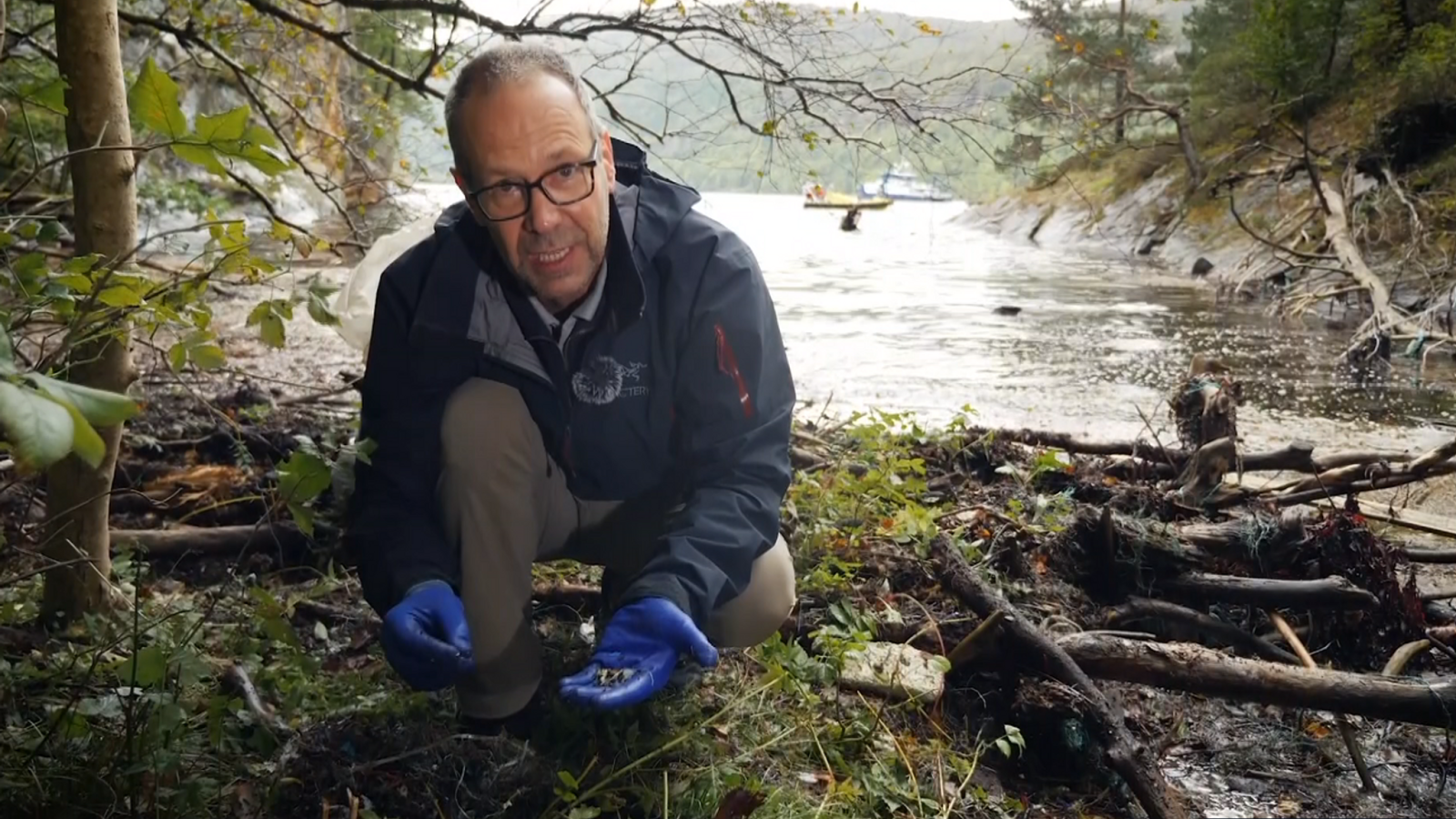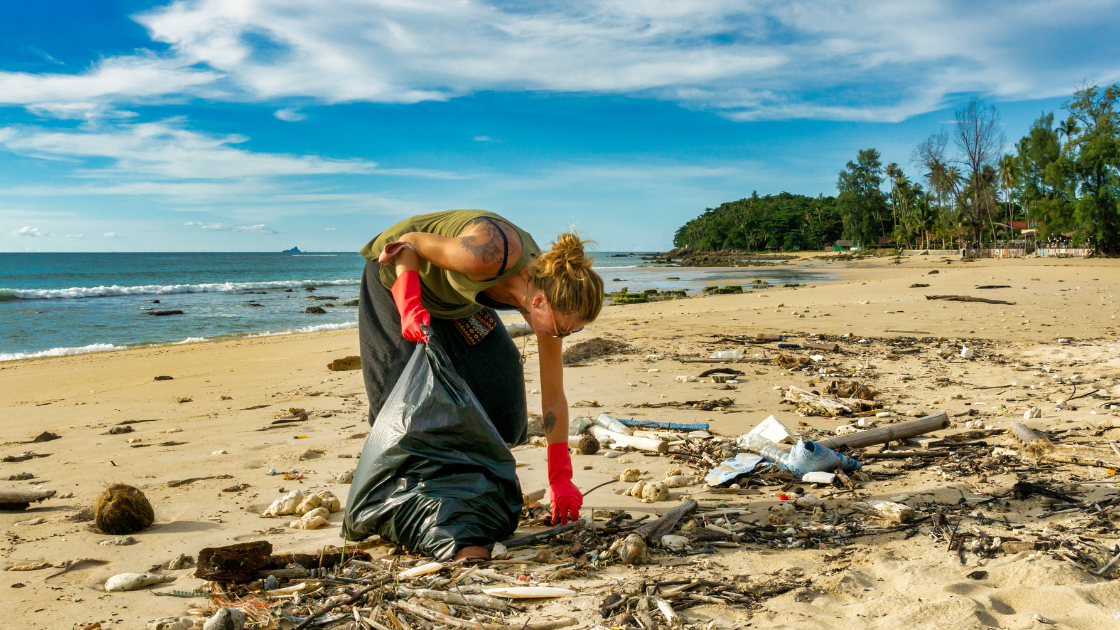It’s a fact – beach clean-ups matter!
Norwegian research study confirms beach clean-ups dramatically reduce microplastics released into the environment
Norwegian research organisation Norce has, for the first time, found evidence that beach clean ups rapidly and dramatically reduce the amount of microplastics in the environment. Their study, conducted on an island near Bergen, found that a year after plastic items were removed from the shoreline, the amount of microplastics on shore and in the water fell by as much as 99.5%.
The study’s authors believe the high levels of UV light and warm temperatures found in shallow waters leads to the plastic disintegrating much more quickly than previously thought. This research finding suggests that the regular removal of large pieces of plastic from beaches and waterways before they are exposed to the elements will dramatically reduce the amount of microplastics that are generated.
As reported in Sky News, Gunhild Bodtker, senior researcher at Norce, said, “I was happily surprised because it means the clean-up has efficiently reduced the leakage of microplastic into the sea. And that is really good news.” As a result of these findings, she encourages everyone to: “Clean up plastic on the shores, clean up all the plastic in the environment. It really makes a difference.”

Thomas Moore travelled to Norway to see how beach cleans have helped reduce plastic pollution
Norwegians are particularly aware of the problem of plastic pollution since the high-profile death of a whale in Bergen in 2017. A goose-beaked whale was found alive but emaciated and very sick and the authorities had no option but to euthanise it. An autopsy revealed its stomach was blocked with 30 plastic bags and numerous smaller pieces of plastic, most likely the cause of its demise. This tragedy got widespread media coverage in Norway and beyond and led to a tipping point for the nation. A national clean-up operation got underway and since then, more than 9,000 tonnes of plastic have been removed from Norway’s coastal areas.

‘Plastic soil’ is a layer, up to 1m deep, of densely-packed fragments mixed with organic matter.
The study noted that the rapid breakdown of larger pieces of plastic into microplastics only happens when the larger pieces are exposed to the elements. Plastic that ends up deep ocean waters will not break down so rapidly due to reduced sunlight exposure and colder temperatures.
Roberta Dixon-Valk, Co-founder of Take 3 for the Sea, commented that “Although avoiding plastic and effectively turning off the plastic tap is our ultimate objective, this scientific study confirms what we’ve always known to be true – if we remove plastic from our beaches and waterways, we will reduce the amount of harmful microplastics in the ocean. Take 3 for the Sea has been encouraging our supporters to do this since 2009 with the result that 42 million pieces of rubbish have been removed from the environment.”
So remember, Take 3 pieces of rubbish with you when you leave the beach, waterway or … anywhere, and you have made a difference! #Take3fortheSea




